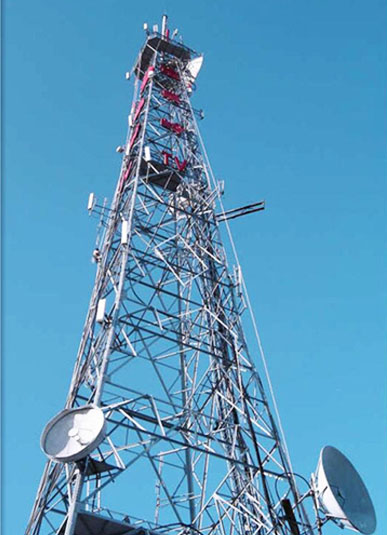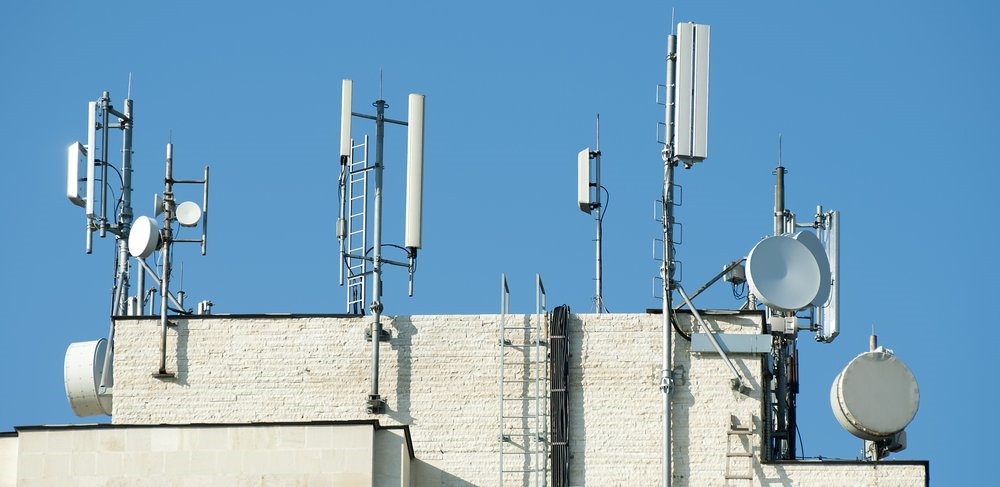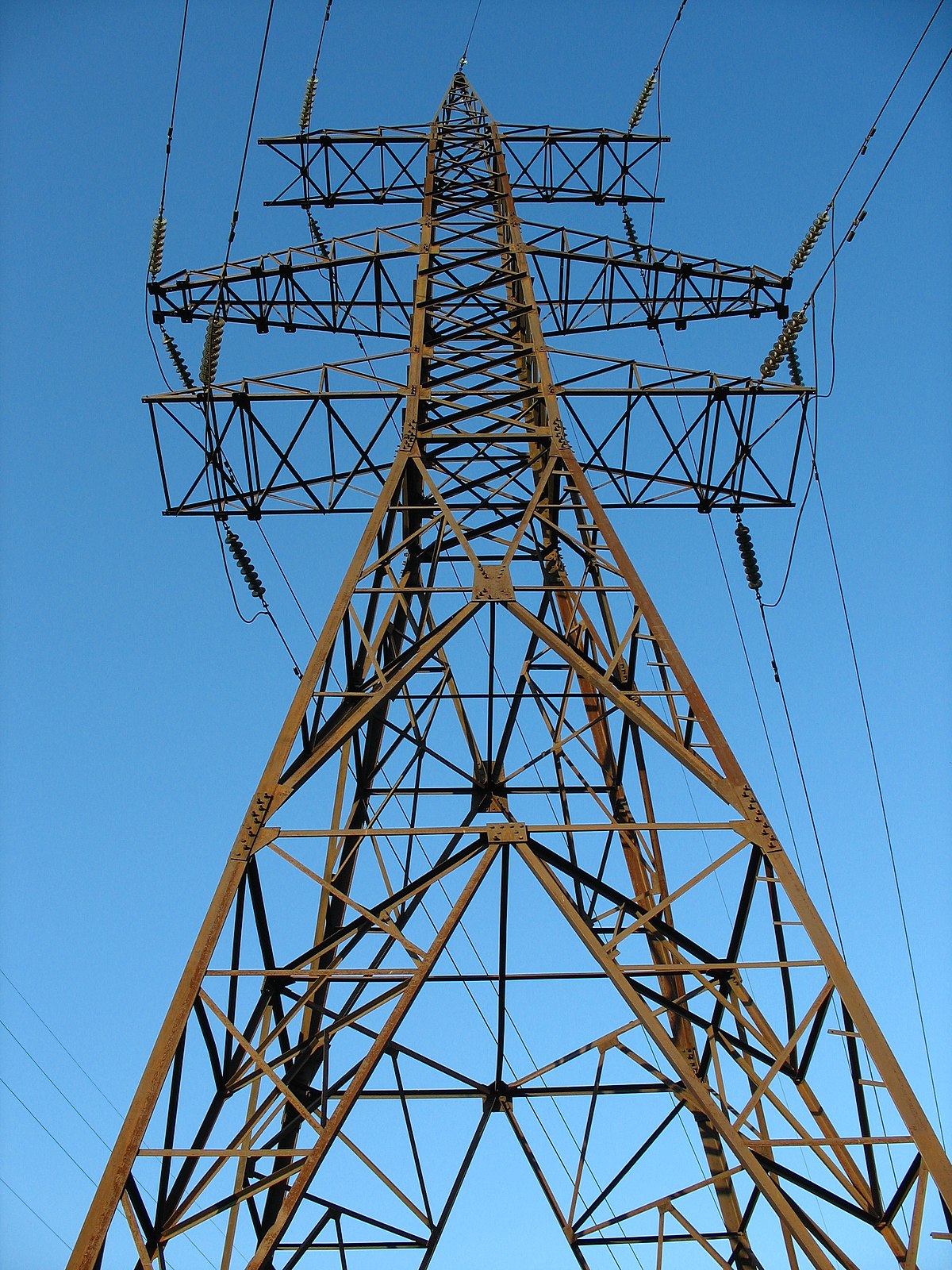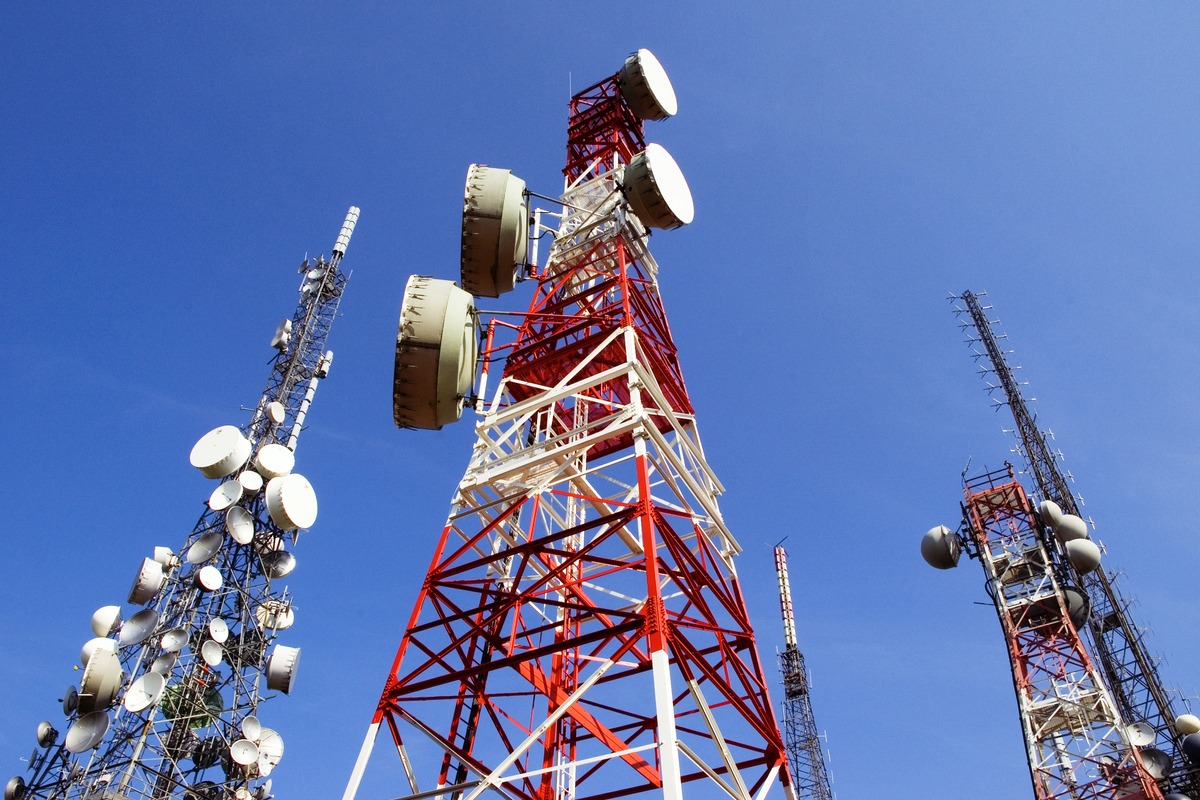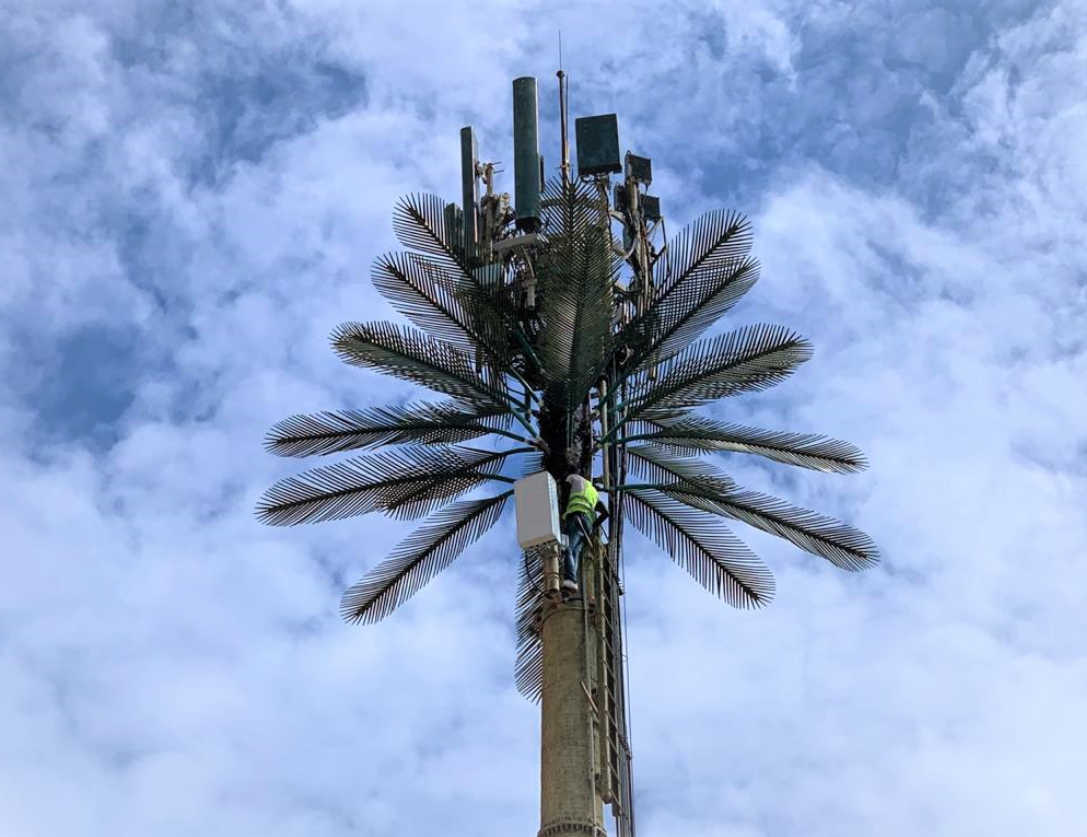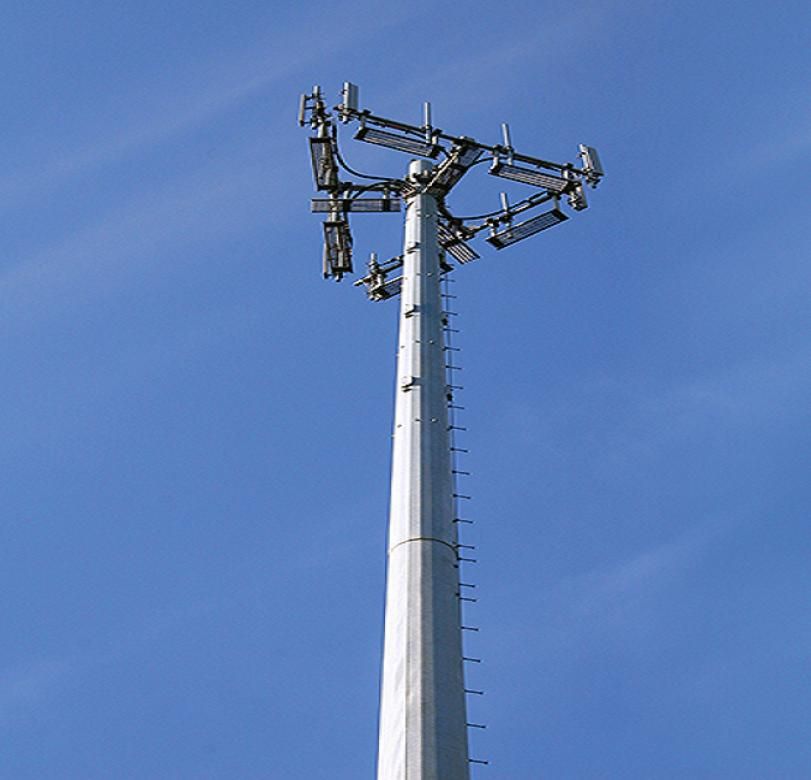Related Products
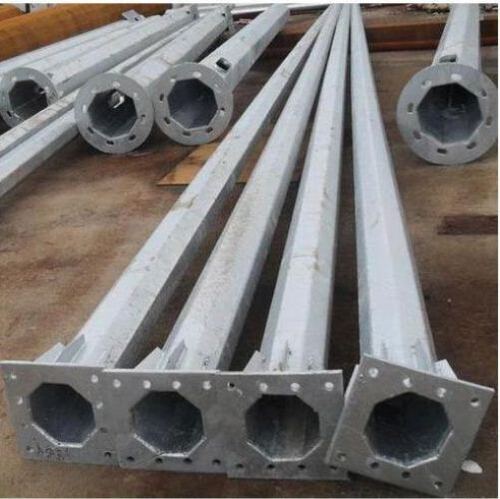
With Pipes
There are various factors to consider, such as material, diameter, pressure rating, and application. Here's an overview:
Material: Pipes can be made from various materials, each with its own advantages and disadvantages:
Steel Pipes: Known for their strength and durability, steel pipes are often used in industrial applications, oil and gas transportation, and plumbing.
Copper Pipes: Commonly used in residential plumbing due to their resistance to corrosion and relatively easy installation.
PVC (Polyvinyl Chloride) Pipes: Lightweight and cost-effective, PVC pipes are widely used in plumbing, irrigation, and drainage systems.
HDPE (High-Density Polyethylene) Pipes: Resistant to corrosion and chemicals, HDPE pipes are used in water supply, drainage, and sewage systems.
CPVC (Chlorinated Polyvinyl Chloride) Pipes: Suitable for hot and cold water distribution in residential and commercial buildings.
Galvanized Iron (GI) Pipes: Coated with zinc to prevent corrosion, GI pipes are used in plumbing and irrigation systems.
Diameter: The diameter of a pipe determines its flow capacity and pressure rating. Common diameters range from small sizes used in residential plumbing (e.g., ½ inch or 12.7 mm) to large diameters for industrial applications (e.g., several inches or centimeters).
Pressure Rating: This indicates the maximum pressure that the pipe can withstand without failure. It's crucial to select pipes with a pressure rating suitable for the intended application to ensure safety and reliability.
Length: Pipes are typically available in standard lengths, but they can be customized to specific requirements. Standard lengths for pipes can vary depending on the material and application. For instance, steel pipes often come in lengths of 6 meters (20 feet) or 12 meters (40 feet), while PVC pipes are commonly available in lengths of 3 meters (10 feet) or 6 meters (20 feet).
Application: The type of application determines the specifications required for the pipe. For example:
Plumbing: Requires pipes that are corrosion-resistant, durable, and suitable for conveying potable water.
Industrial: May involve transporting fluids under high pressure and temperature, necessitating robust pipes with a high pressure rating.
Irrigation: Requires pipes that can withstand outdoor conditions, UV exposure, and fluctuating water pressures.
Drainage: Requires pipes with smooth interiors to prevent clogging and efficient water flow.
When selecting pipes for a specific application, it's essential to consider all these factors to ensure optimal performance and longevity. Additionally, adherence to local building codes and regulations is necessary to meet safety standards.
